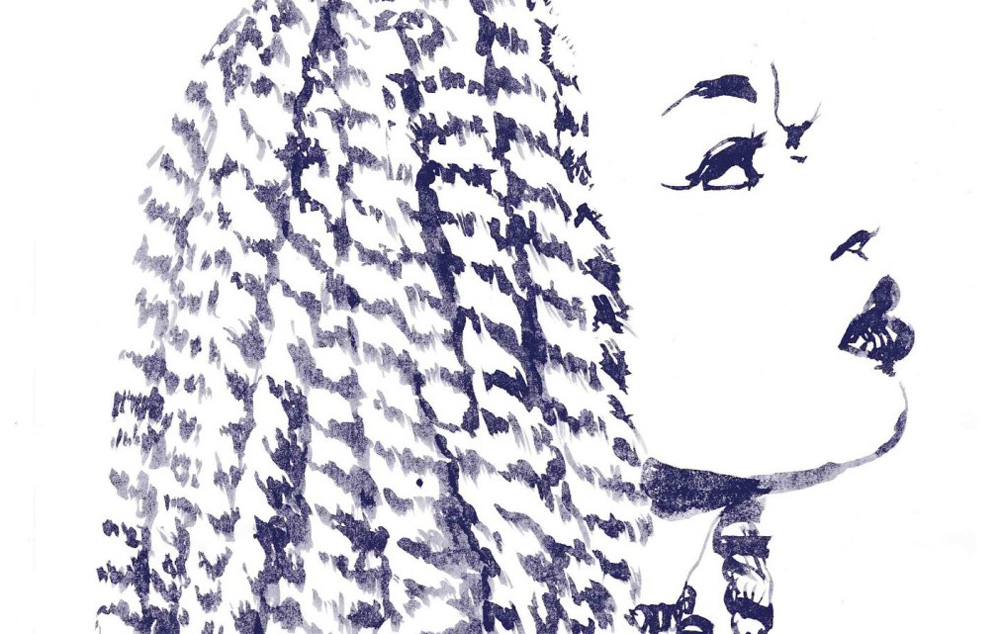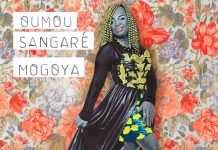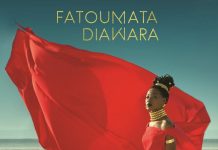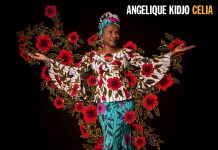Oumou Sangaré, a well-known West African singer and women’s rights activist, has a new album “Acoustic”. The album was recorded live in just two days in a small studio near Paris.

in 2017, celebrated Malian Wassalou singer and activist Oumou Sangaré released “Mogoya”, her first new album since 2009. During the intervening eight years, she’d largely stepped away from the spotlight to pursue a variety of business ventures, including establishing agricultural projects, opening a hotel, and launching a new car, the Oum Sang. For Sangaré each of them has offered the chance to support and empower the Malian people—proceeds from the Oum Sang, for example, benefit a scholarship fund.
Wassoulou music, which arose in a part of West Africa that includes southwestern Mali, is widely considered a precursor to American blues.
It’s traditionally sung by women, and since the late 80s Sangaré has approached its soulful sounds with a modern feminist spirit, tackling subjects such as female autonomy and the pitfalls of arranged and polygamous marriages. (Sangare began working at age ten to help support her family after her father abandoned her mother, who was his second wife.)
On Mogoya (which translates to “Human Relations”), she updated her sound by collaborating with producers in Sweden and France and incorporating elements of rock and funk; the album’s sleek, eclectic tracks sparkle with robust energy, even when tackling complicated topics such as mental health, as she does on “Yera Faga” (“Suicide”), which features legendary Afrobeat drummer Tony Allen.
In 2018, Mogoya got a club-ready makeover when its songs were remixed by Spoek Mathambo, Sampha, St. Germain and Aunti Flo.

Acoustic takes the opposite approach: recorded live in two days with no second takes or overdubs, the album strips down songs from Mogoya to nothing but vocals, guitar, and a traditional Malian stringed instrument called the kamele ngoni, similar in appearance to the harplike kora and usually tuned pentatonically.
These don’t feel like laid-back tunes to sing around a campfire, though—the bare-bones approach enhances the emotion of each song and the stunning skill of each contributor. The intensity of the call-and-response vocals, hand claps, and soaring vocals on “Bena Bena” (“Ingratitude”) gets ratcheted up even further on the following track, “Kounkoun” (“Bad Seeds”), with its grooving, dueling strings. While many Americans are enduring intense isolation, Acoustic’s warm, rich textures and Sangaré’s incomparable voice offer a sense of connection—and the feel of live music—from half a world away.
NMR (photo: press Oumou Sangaré)


















